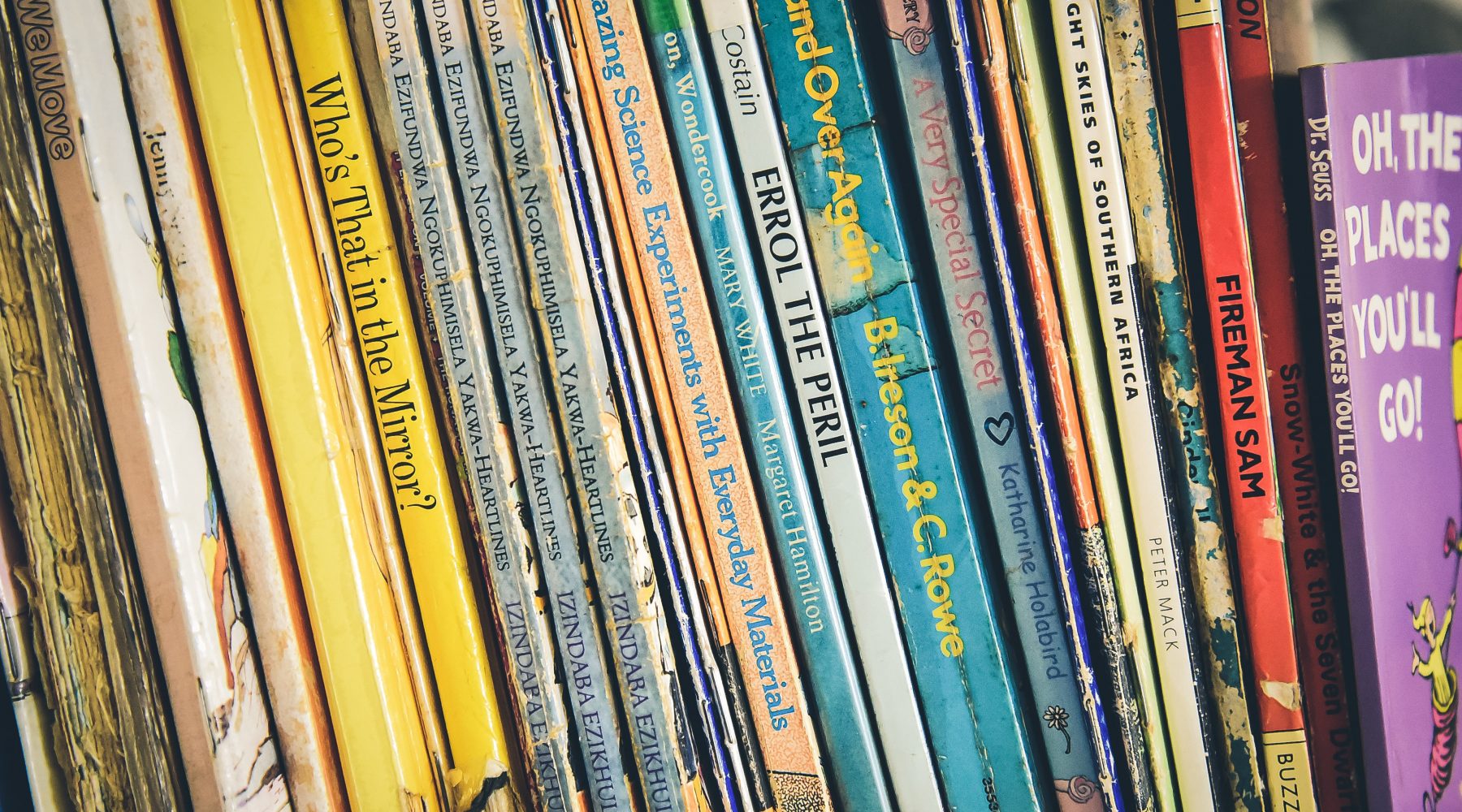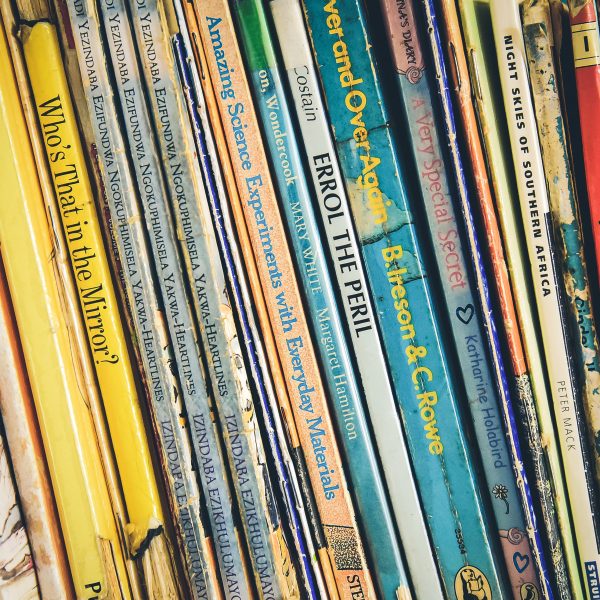Rich home learning in the early years boosts later academic performance study finds

The benefits of a rich home learning environment during the first years of a child’s life continue to boost academic performance into adolescence, according to a new study recently published in School Effectiveness and School Improvement.
Children who live in homes where parents regularly read and talk about books with them scored better on math tests at age 12, the study, which was lead by Dr Simone Lehrl of the University of Bamberg, found.
Dr Lehrl’s work is amongst the first to provide detail on the importance of early years home learning on children’s development up to early adolescence.
Working with 229 German children from age three until secondary school, researchers tested participants’ literacy and numeracy skills annually in their three years of preschool (ages three to five years), and again when they were 12 or 13 years old.
They found that children who had academically stimulating home lives in their preschool years showed increased performance in literacy, language and arithmetic skills which, in turn, led to higher outcomes in reading and mathematical skills in secondary school, regardless of the home learning environment then.
“Our results underline the great importance of exposing children to books for development not just in literacy but numeracy too: early language skills not only improve a child’s reading but also boost mathematical ability,” Dr Lehrl said.
“Encouraging caregivers to engage with their children in direct literacy activities, shared book reading and advanced verbal interactions during reading, and to include language and mathematical content during these activities, should promote children’s reading and mathematical abilities in secondary school. Such experiences lay a strong foundation for later school success.”
The researchers found that formal literacy activities not only boosted language skills and reading comprehension but also improved numerical skills. Book exposure and the quality of verbal interactions regarding mathematical content during shared book reading (for example, talking about numbers and counting) when children were of preschool age were also associated with better math outcomes at age 12. The effect also worked the other way with the quality of parent-child interaction regarding mathematics also improving children’s language skills.
Aspects of the children’s home learning environment – formal literacy and numeracy activities, book exposure (parents owning books and reading to the child), and the quality of verbal parent-child interactions regarding language and mathematics – were also assessed and researchers ensured they accounted for background variables, such as gender, maternal education and socio-economic status, which affect the home learning environment in the results.
The study, Home learning environment across time: the role of early years HLE and background in predicting HLE at later ages, may be accessed here.
Popular

Quality
Practice
Provider
Research
Workforce
Honouring the quiet magic of early childhood
2025-07-11 09:15:00
by Fiona Alston

Policy
Practice
Provider
Quality
Workforce
Minister Jess Walsh signals urgent action on safety and oversight in early learning
2025-07-11 08:45:01
by Fiona Alston

Workforce
Policy
Quality
Practice
Provider
Research
The silent oath: Why child protection is personal for every educator
2025-07-17 09:00:31
by Fiona Alston











